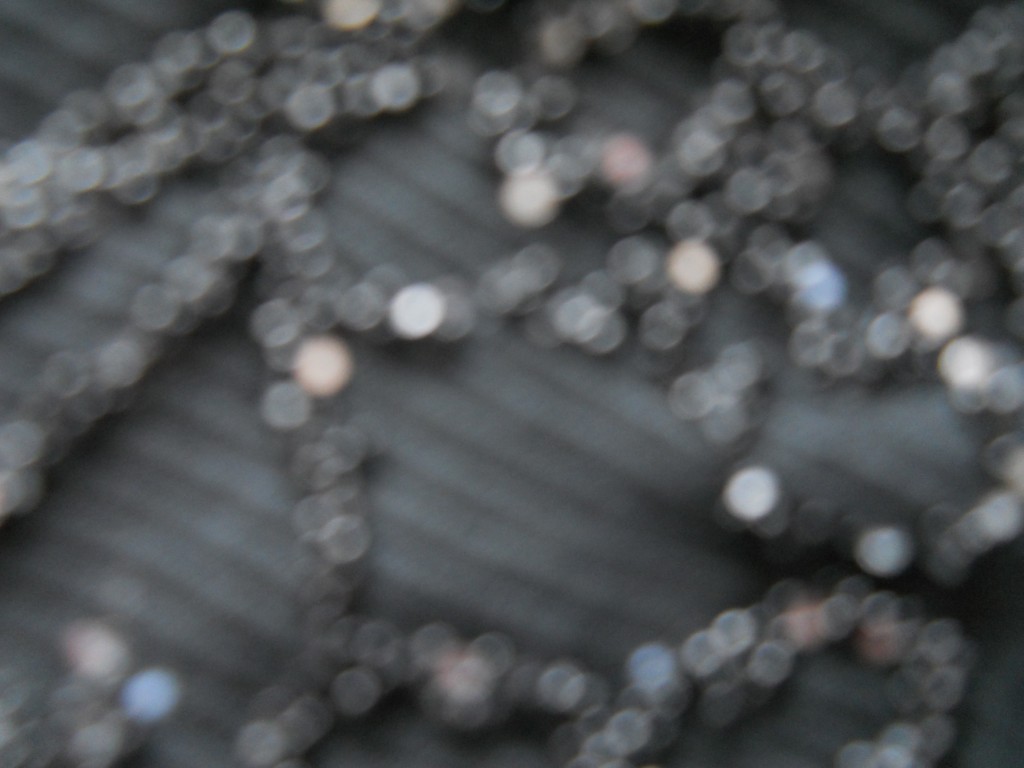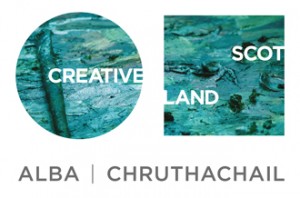
7-9pm
Wednesday 18th September, 2013
at Tandem BQG
Wichertstr 16, 10439 Berlin
**Dieser Diskussionsgruppe ist nur auf Englisch aber Beiträger auf Deutsch sind wilkommen**
As part of the Common Bond project, photographers Jan Bölsche (Berlin) and Rosita McKenzie (Edinburgh) offer a free photography workshop and discussion group.
In an ableist society being able-bodied is the norm and anything that deviates, such as disability, is an error, a failure or something negative that must be overcome. Ableism is defined as “A network of beliefs, processes and practices that produces a particular kind of self and body (the corporeal standard) that is projected as the perfect, species-typical, and therefore essential and fully human.” (Campbell, Fiona A. Kumari, Contours of Ableism: The Production of Disability and Abledness. Palgrave Macmillan, 2009)
In a world where genetic engineering, prenatal screening and prenatal diagnosis (early detection of disabilities, chronic diseases and abnormalities) are widespread practices, it seems our idea of the human body is one of perfection – free from abnormalities, free of disease and fully whole and able. While plans to eradicate the diseases and disabilities of mankind through advances in genetic technology may be well-meaning, they present serious ethical questions regarding shifting attitudes towards our bodies and the value of disabled people within society.
As governments world-wide look to cut the cost of healthcare spending, measures such as prenatal screening and diagnostics can be seen as an effort to reduce long term spending on disability health care provision. Genetic engineering, while much less common, enables us to not only prevent certain “abnormalities” but also to design the “ideal unborn”. Where one country’s legal barriers prevent the selection of gender, intelligence or athleticism, in today’s globalised world, international travel enables those with money to effectively design their offspring elsewhere.
In the second edition of Waffles and Coffee, Contemporary Art Exchange invites special guest Rosita McKenzie, leading Blind Photographer and Disability and Equality Consultant from Edinburgh, to discuss with participants whether genetic engineering and its related practices are a form of ableism.
So come and join us for an informal discussion, exchange, chat or waffle if you will, and a chance to improve your English skills. You don’t have to be an academic or an artist – anyone from any background or discipline is welcome. We’ve posted up some articles and video clips we think are relevant (but are in no way obligatory)
Please email kate@contemporaryartexchage.org to let us know you’re coming as seats are limited!
More about the artists:
Rosita McKenzie is a Blind Photographer based in Edinburgh, UK. Self-taught, she has become a leading figure in Scotland in this specialised field, as well as in her role as a respected Disability and Equality Consultant and arts educator. Rosita has exhibited in solo and group shows across Scotland including exhibiting as part of the 2010 and 2012 Edinburgh Art Festivals. She has received commissions from galleries such as Inverleith House in Edinburgh and in 2009 she was invited to California to participate in the Sight Unseen exhibition at the UCR California Museum of Photography which has been touring internationally and is currently hosted by the Sejong Centre in Seoul. Central to her practice is her relationship with her immediate environment or the subject, and in particular how her experience of a moment can be captured. “For myself, it is a personal experience: by using photography as an agent for communication, understanding and remembering, I can preserve live moments as vivid and powerful memories. It is not just about creating a visual art form, but also the process of creative collaboration with others to interpret the image before, during and after it is taken.”
Jan Bölsche works as a photographer and author in Berlin. His photos have been published in newspapers, magazines, travel guides, catalogues and on websites and CD covers. He specializes in capturing the “decisive moment”. Jan is an in-official member (Inoffizieller Mitarbeiter) of Zentrale Intelligenz Agentur (ZIA), a Berlin independent think tank and design agency, and has provided professional photography services for recent events such as the Konferenz K2 in Berlin titled “Eine Dialogveranstaltung der Kulturverwaltung des Berliner Senat”. Controlled by a defect gene, the cells of Jan Bölsche’s retina started to slowly fade away in his early adolescence. In a still ongoing process, a growing blurry and nebulous spot in the centre of his field of vision covers objects he tries to bring into focus. This medical condition is called “Stargardt’s disease” or Juvenile Macula Degeneration (JMD). Since photoreceptors for the different base colours are not affected evenly, the sensation of colour is quite different from what the rest of us see. Due to the lack of high definition input, Jan’s visual cortex concentrates more on the ‘big picture’, the coarse composition rather than on fine detail. Or as he puts it: “My eyes work more like a film camera from the 1930s than like my digital SLR. Sometimes I am actually surprised by what it captures.”
Kate Martin is founder and director of Contemporary Art Exchange – a curatorial and arts education practice that produces international projects, exhibitions and events that promote creative professional development opportunities for young and early career artists.
Contemporary Art Exchange works across geographic borders, often in collaboration with artists, educators, other curators, and with local communities and minority groups, such as young people and people with disabilities. CAE approaches the concept of “exchange” – of thoughts, ideas, experiences or skills, particularly within the context of international travel and mobility – both thematically and practically. Curated projects, exhibitions, workshops and events, explore themes of cultural identity, nationalism, immigration, globalisation, labour and work, and the history of exhibition making, particularly biennales.
Rosita McKenzie is supported by



There are currently no comments on “Waffles and Coffee: “Rethinking Normality: Genetic engineering & Ableism””. Perhaps you would like to add one of your own?